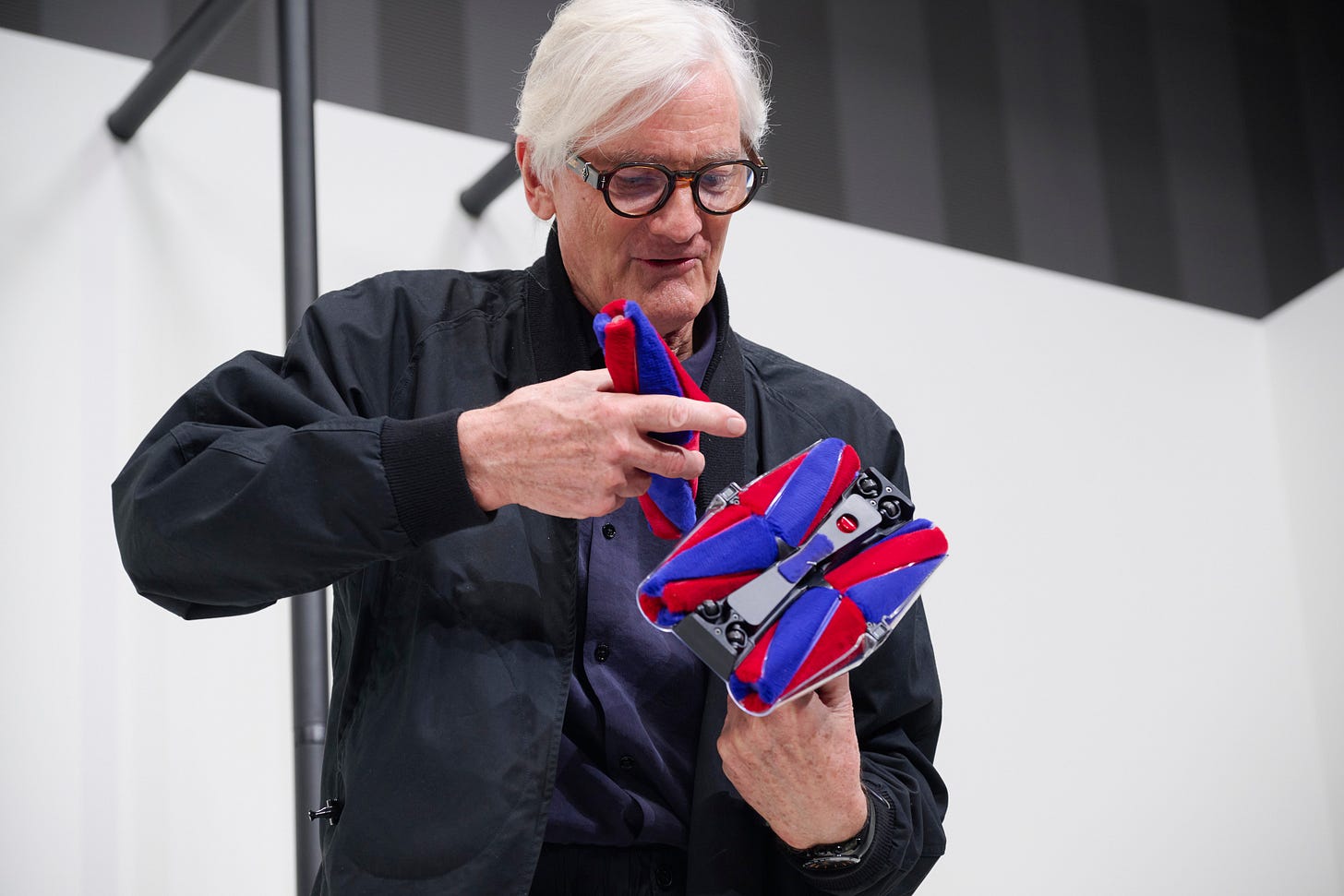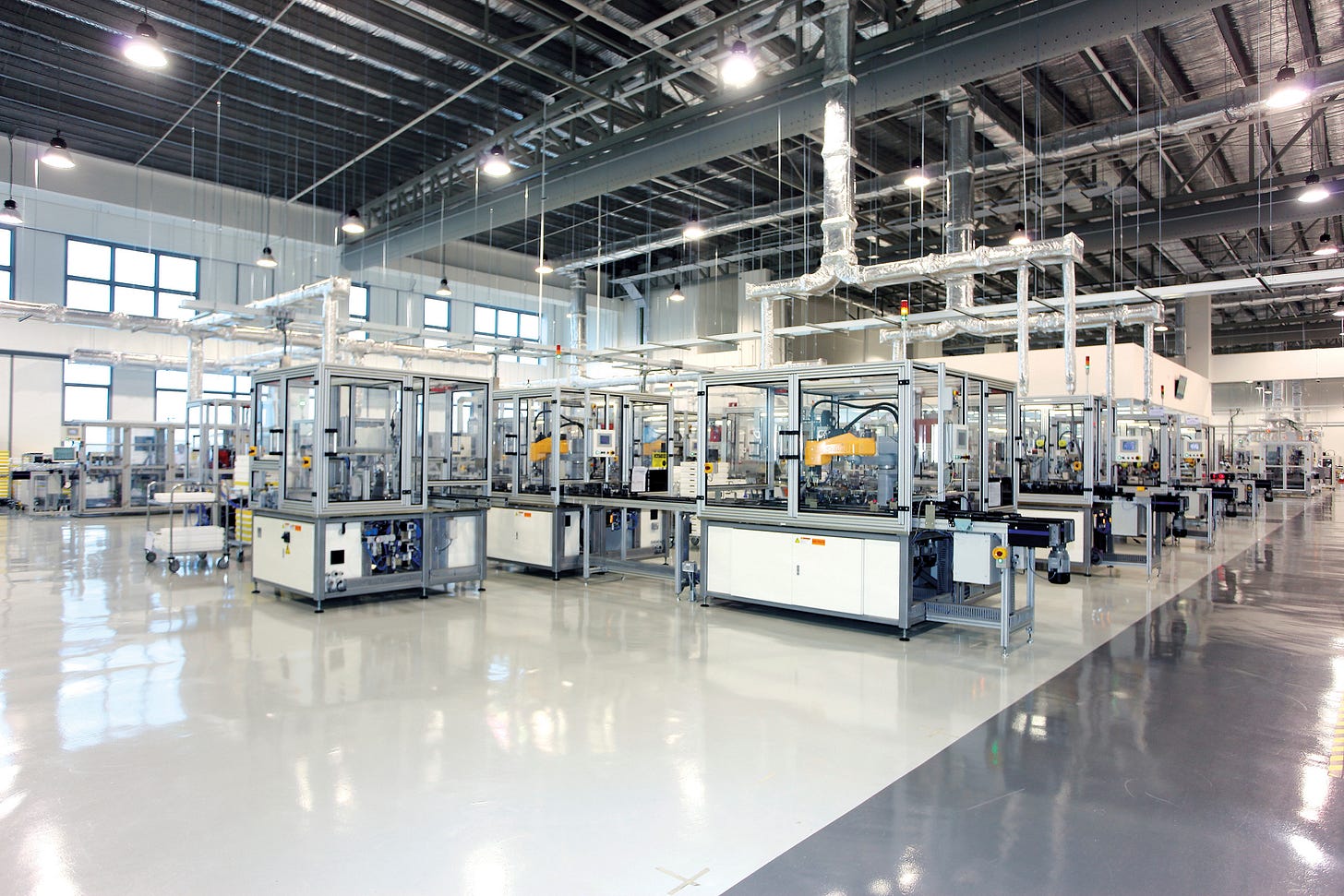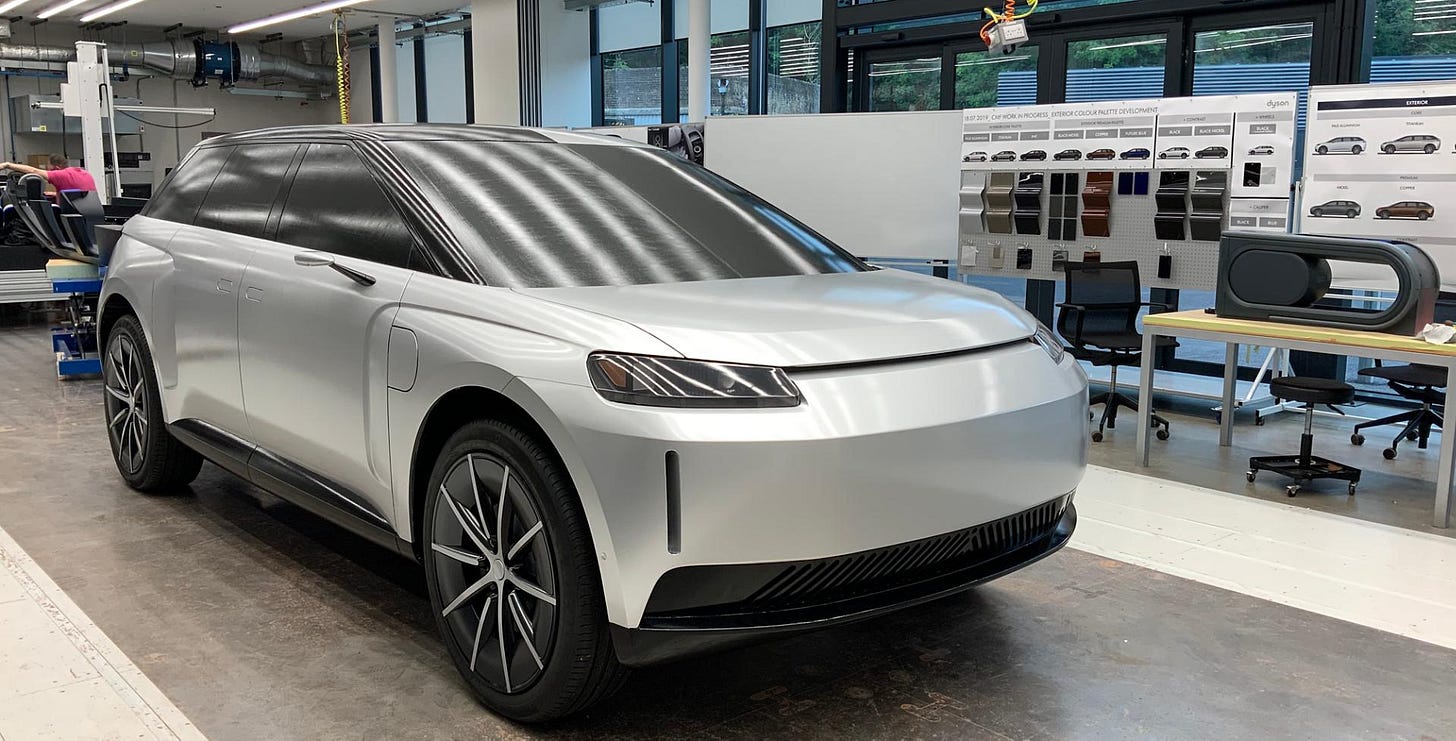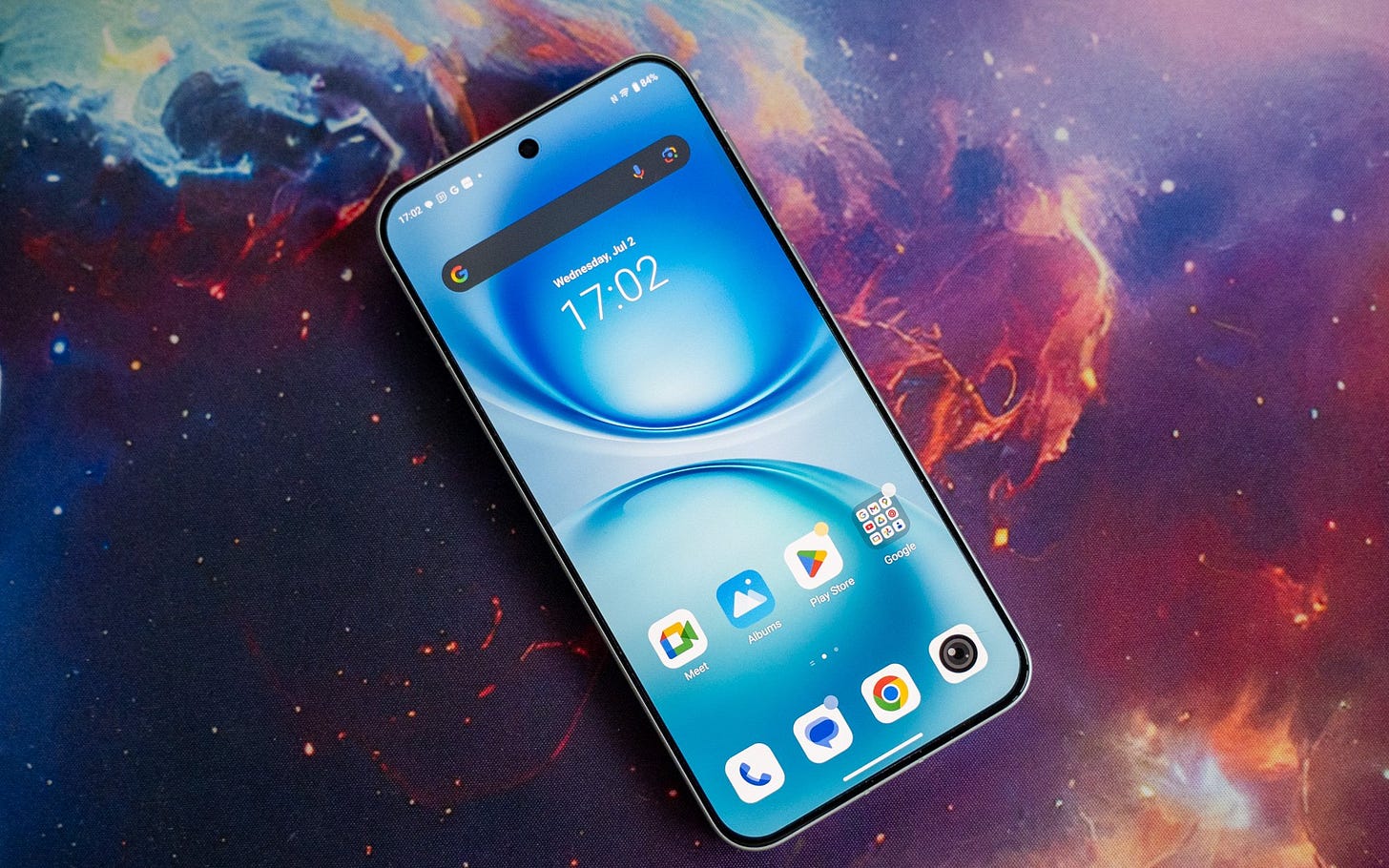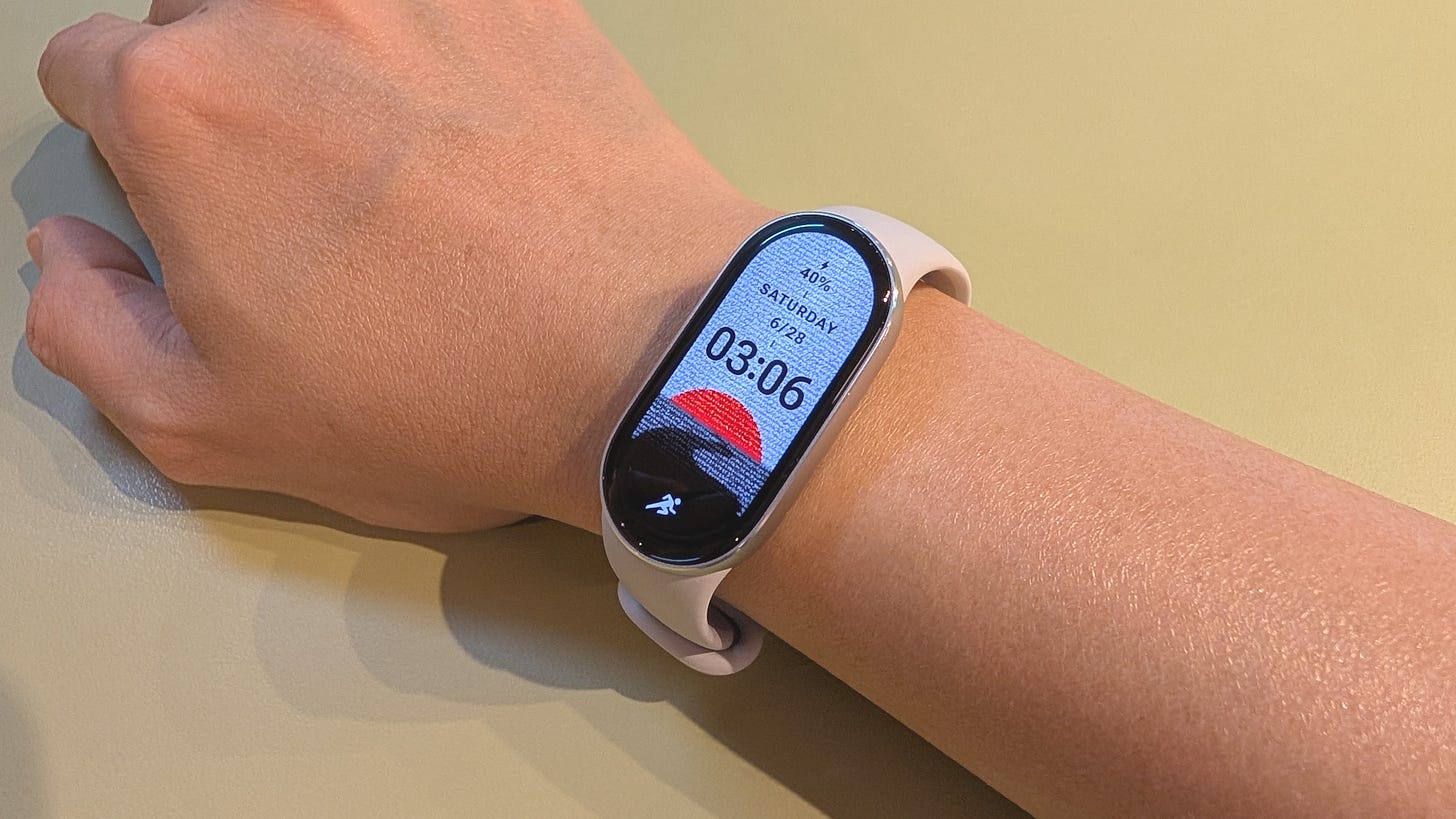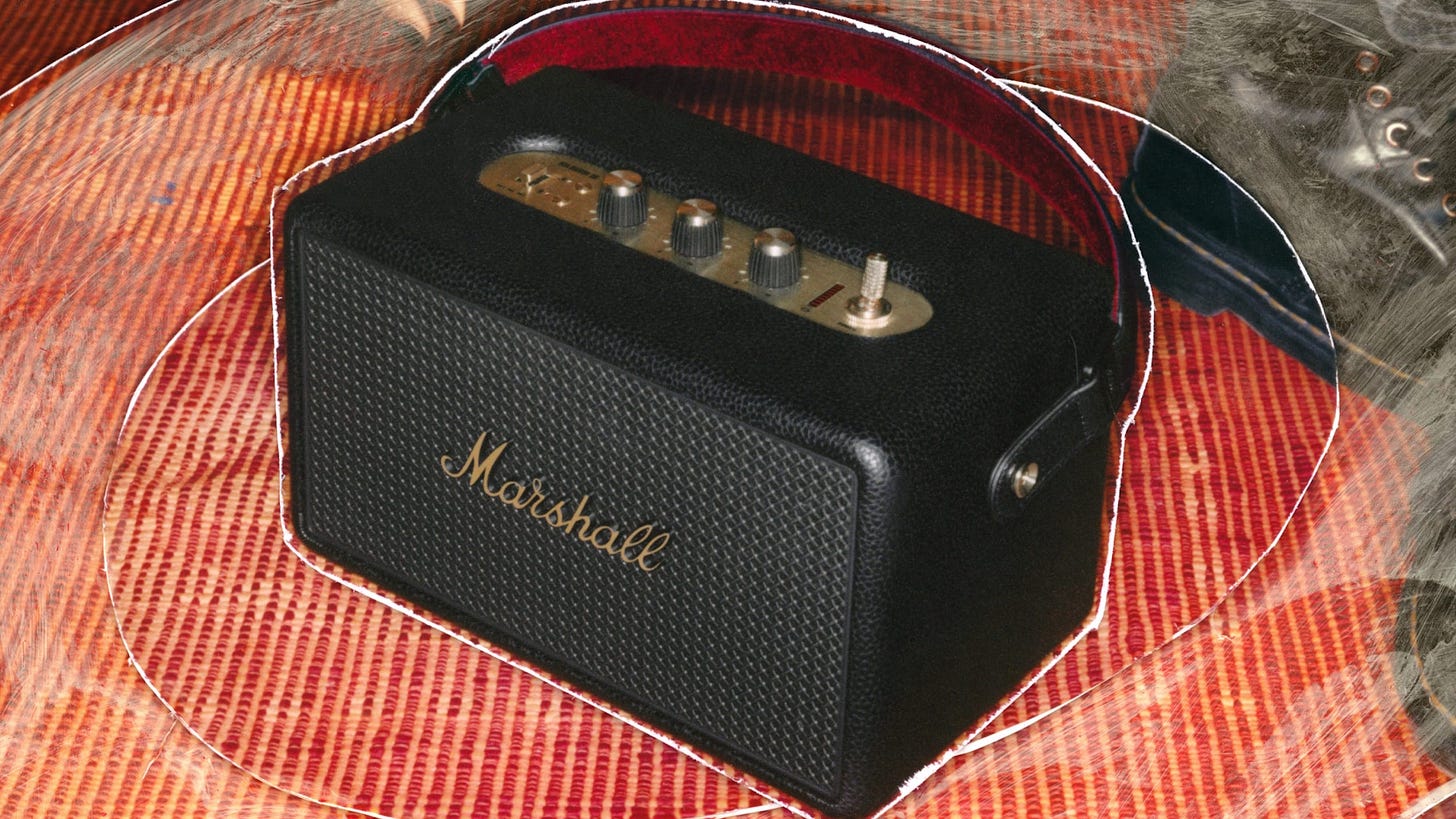It's not about the money, says James Dyson
He just wants to solve problems.
Hot on the heels of the Dyson PencilVac launch, I was invited to attend a Dyson roundtable with founder Sir James Dyson himself, and came away intrigued with some of the things that were discussed.
What got my attention was the fact that as a tech company, Dyson isn’t too focused on profit-making. It’s also why the company remains privately owned.
“Our main motivation isn’t making money, we aren’t being a manufacturer to make money,” said Dyson to reporters present at the roundtable.
It’s an interesting take, considering how expensive Dyson’s products are. But you have to factor that researching, designing, building, and making their own special motors takes plenty of effort, as I found out while visiting Dyson’s Singapore Advanced Manufacturing factory.
Inside, we were treated to dozens of robot assembly lines producing the tiny new Dyson Hyperdymium motor that spins 145,000 times a minute and powers the new Dyson PencilVac. I’m told each line can produce one motor a second, which is crazy seeing how intricately constructed these tiny motors are.
But I digress.
Dyson also talked about how copycat products from China were making things confusing for customers. After all, why pay Dyson’s premium pricing when you can get a similar-looking version for much less.
“With the hairdryer now, you get a lot of Chinese companies copying that, it looks the same, but isn’t the same,” said Dyson.
“Because if they make it the same, they infringe the patents.”
Dyson added that it’s like plagiarism in school. If you’re copying, you obviously should be expelled. He also stated that it’s bad for competition, since it offers consumers less choice, as Dyson (the company) had developed its own technology and products, while these copycats don’t innovate and come up with their own versions.
In a way, this makes sense, because what you get is a slew of similar-looking products that may or may not be as good, and you end up with a less-than-ideal experience compared to if you had purchased something from Dyson.
These copycats take advantage of the fact that Dyson’s patents in China have or will be expiring, allowing brands like Laifen to create clones that look remarkably similar, and function similarly at a fraction of the price.
Lastly, if you’re expecting the return of the Dyson electric car, the inventor and founder put that idea to bed. It just isn’t viable commercially for them to produce these cars, as normal car manufacturers can afford to take a loss on electric cars while still selling ICE cars.
But Dyson confirmed that they are working on new technologies for batteries, and it will be interesting to see how these developments will trickle down to their future products.
This week, we tested Vivo’s latest near-flagship phone, a competent, but price competitive Xiaomi fitness tracker, and a hefty Marshall Bluetooth speaker that offers amazing battery life.
With its aluminium frame and a glass back, the Vivo X200 FE looks and feels premium, as you’d expect from its almost-flagship positioning. Besides its fairly capable hardware and a huge 6,500mAh battery, this phone also packs a solid set of cameras, along with AI-powered image editing for when you need help.
Xiaomi continues to produce one of the best value-for-money fitness tracker you can buy. The latest Smart Band 10 adds a slightly larger screen, but it’s mostly incremental upgrades again. But over time, you’ll end up with a very feature-rich device that’s still competitively priced.
You probably won’t be able to tell the Marshall Kilburn III from the audio brand’s other speakers. But that’s a good thing since its iconic amp-inspired design, with its copper dials and switches, still works great. The signature sound, too, is consistent, but the biggest upgrade here is the incredible 50 hour battery life.


